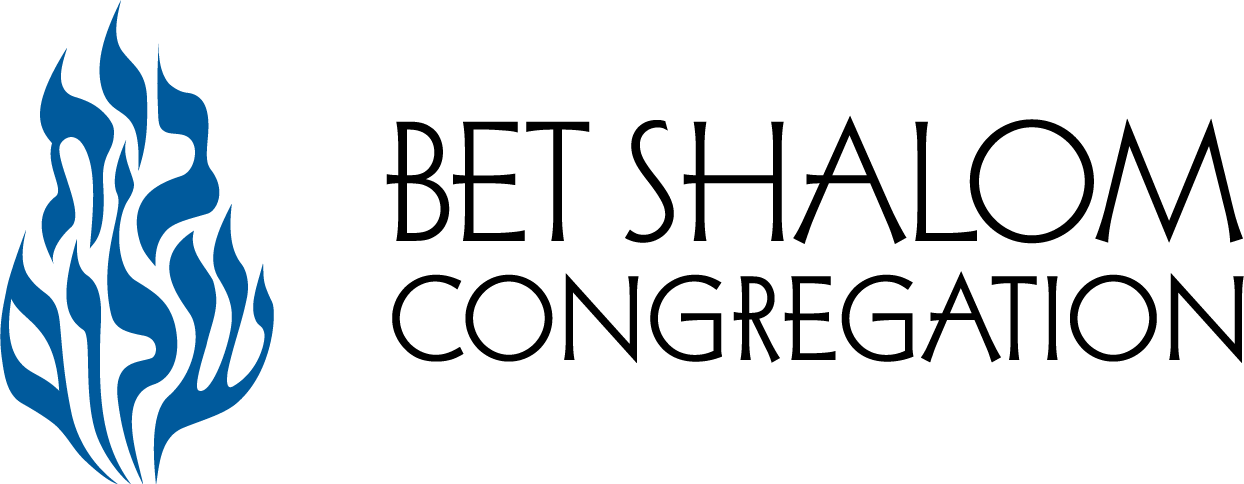Tzahov and Katom (Infant)
Infants from 6 weeks to 16 months are a part of our infant program. Our infant program follows the individual needs and schedules of each infant. This includes their eating, sleeping and diapering schedules. When the infants are awake they will have the opportunity to explore developmentally appropriate toys in the classroom, explore with sensory and art projects, enjoy music with our rabbis and explore our building and grounds in a multi-person stroller. Infants are also given tummy time throughout the day and older infants will explore the large muscle room to help develop their large muscles. Easy and basic sign language will be used to help provide the infants with a different means of communication.
Using the Ounce Scale of development, teachers record infants’ ever-changing abilities. They use these observations to design opportunities for small and gross motor coordination, social interactions, and problem solving. Eating, sleeping, diapering, play, and singing are conducted in a stimulating, nurturing environment.
We communicate with parents in real time via Daily Connect, a tool which allows our teachers to provide parents with updates on their child’s various activities throughout the day.
As infants get older, they will have their first experiences sitting at a table with a group of friends for meal time while using plates and spoons. Older infants will also transition from two naps a day to one longer nap in order to prepare for the toddler classroom.
Adom and Kahol (Toddler)
Children between the ages of 16 months and 2 years of age are in our Kahol classroom. Our two-year-olds are in our Adom classroom. The toddler years are full of many new talents and skills. Led by the teachers, children develop and explore:
- Trust
- Self-confidence
- Friendships
- Group play
- Language
- Using words to express emotions
- Problem solving
- Sharing
- Respect for personal space
Toddlers spend the day within the secure setting of their classroom where predictable routines allow them to take on new challenges and fine tune general self-help skills. Time is divided into:
- Teacher-initiated group time
- Free play time
- Outdoor activities
- Music with the rabbi educator
- Shabbat with the rabbis
Sagol (Preschool)
The preschool curriculum promotes learning and development through exploration and play. Materials and equipment are carefully chosen to spark childrens' interest and encourage them to experiment and learn. Art, dance, music, games, storytelling and puppetry are just some of the instructional methods used to address different learning styles, needs and interests. At the same time, activities are designed to help children acquire specific skills, such as:
- Reasoning
- Problem solving
- Getting along with others
- Using language
- Maintaining focus
- Encouraging imagination
- Building self-esteem
Yarok (Pre-K)
Children who are four years old by September 1st are in our Yarok program.The pre-K years bring a blend of playful spirit, developing self confidence, sense of wonderment, and independent exploration. Pre-K children are also learning how to trust their teachers, themselves, and how to navigate social interactions with their peers.
Pre-K children have the opportunity to engage in a curriculum that meets the Minnesota Early Learning Standards. The main goal of our pre-K program is to ensure that each child is ready for their kindergarten year. Not only do we concentrate on academic needs, but we also focus on the students’ social and emotional needs. Children also have the ability to explore and play in the classroom during free choice time. Free choice activities can range from developing fine motor skills with puzzles, using scissors or different writing mediums, building complex structures and roads with blocks, looking at books and retelling stories to friends in the reading corner, pretending with dramatic play materials, and experimenting with materials at the sensory table.

